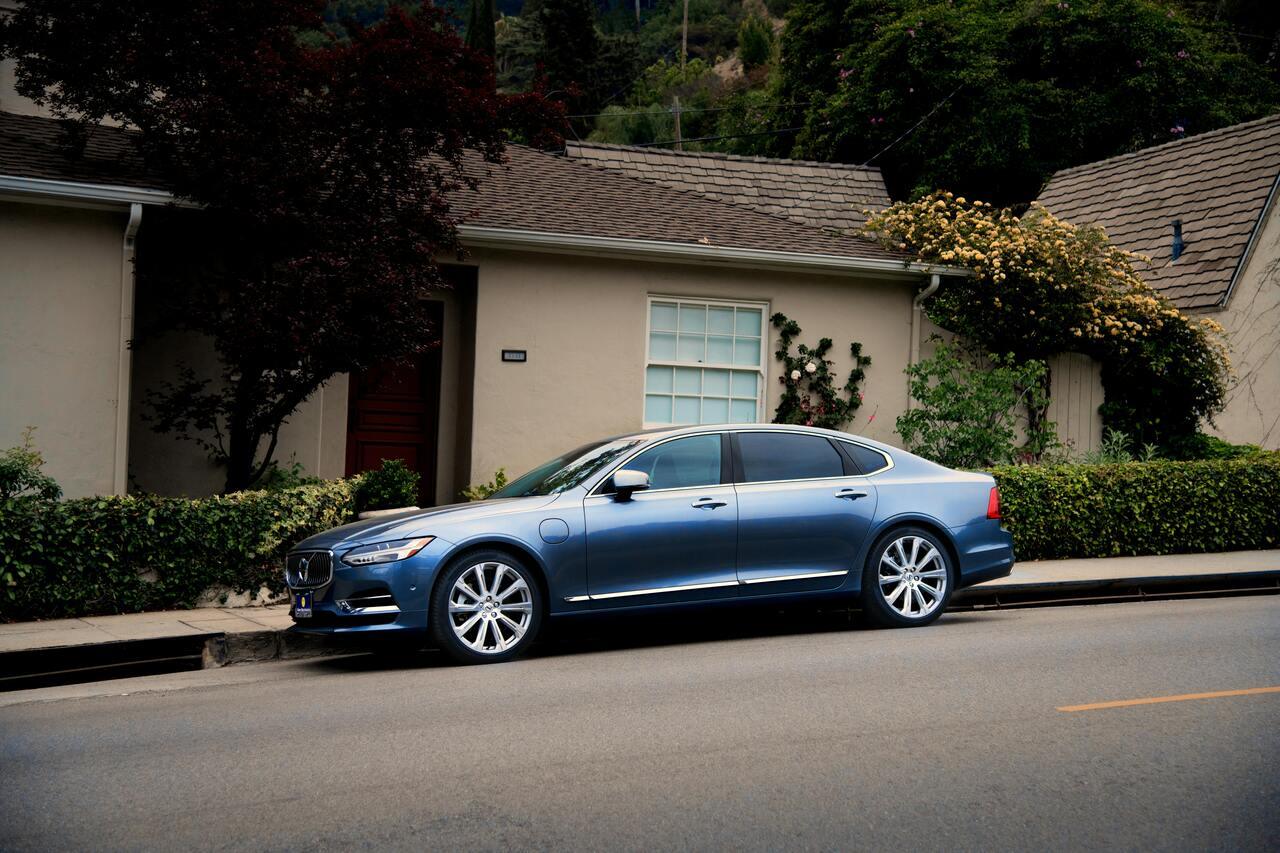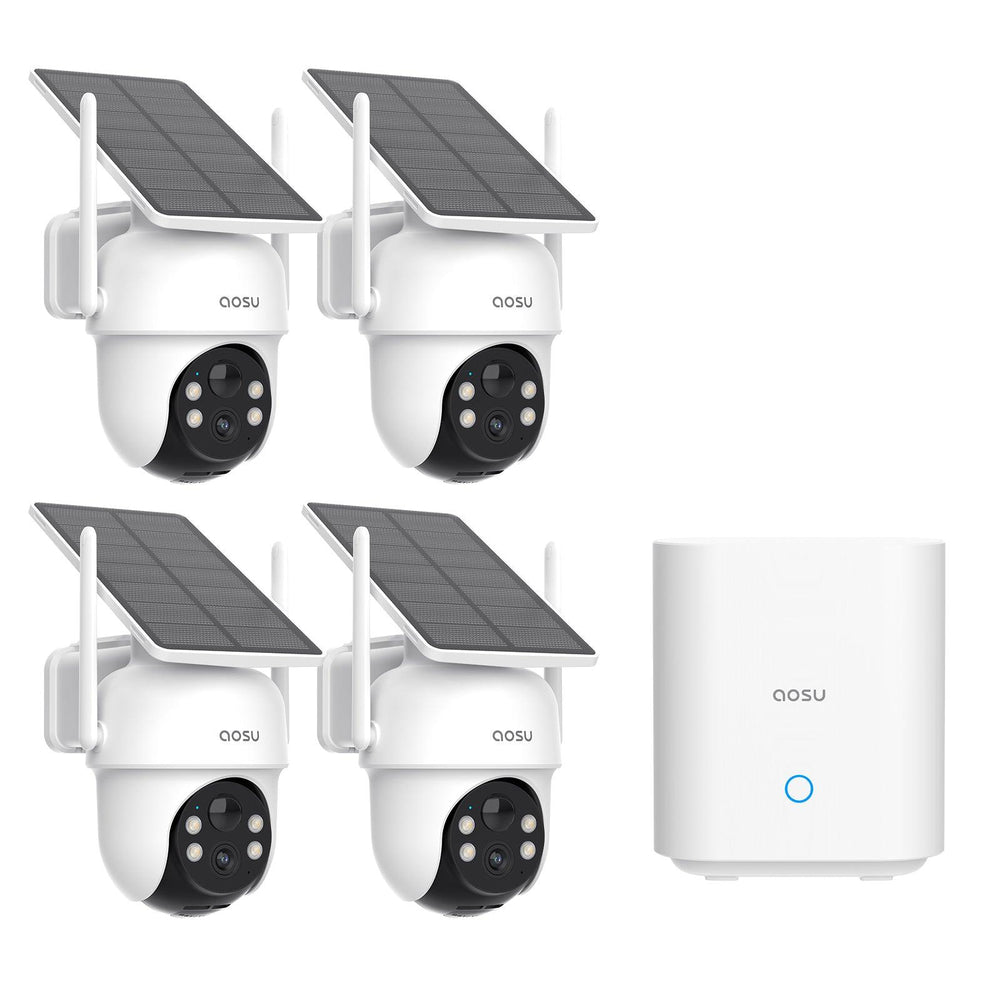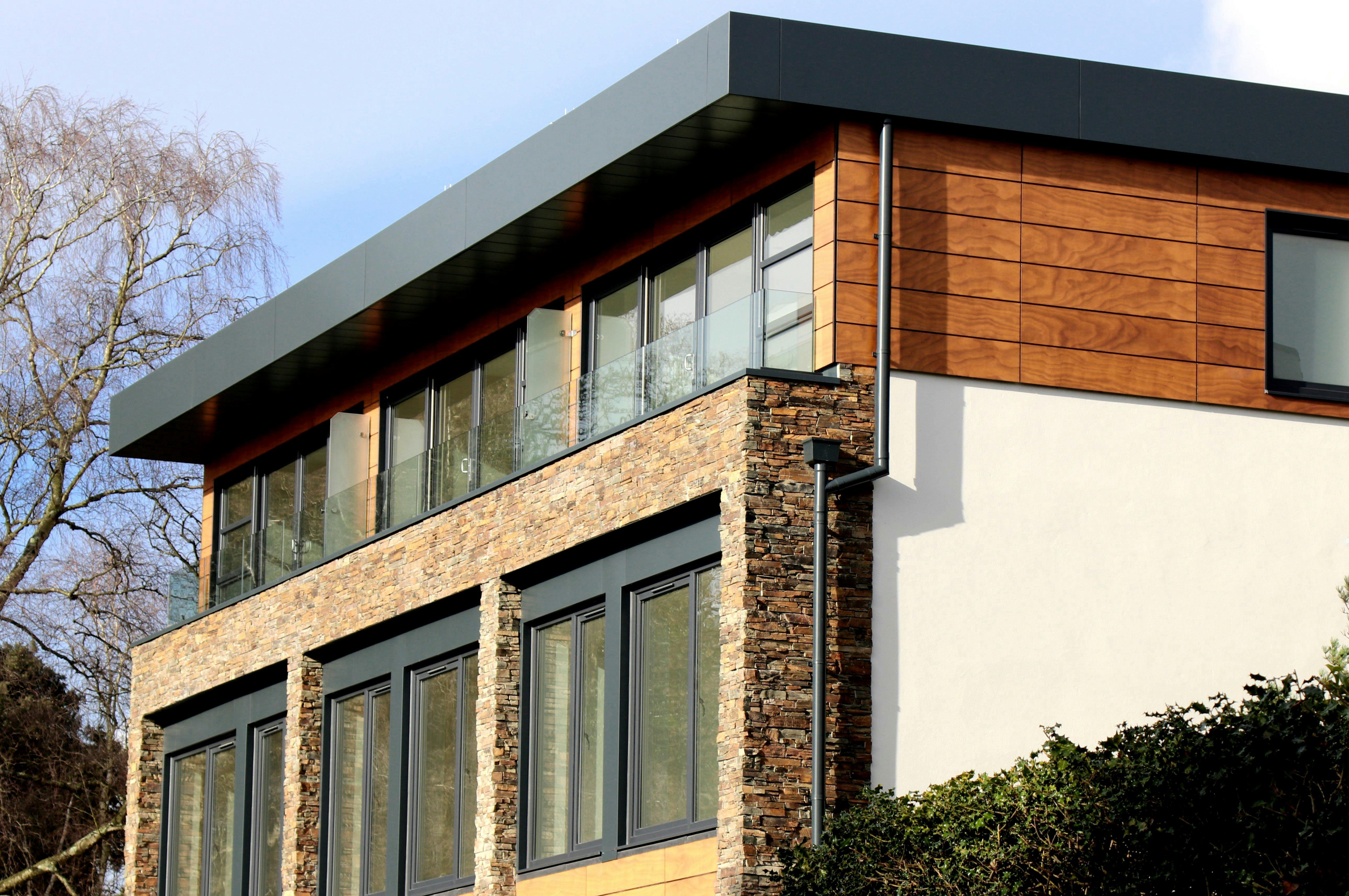Ever come home to find a stranger's car parked in your driveway? It’s frustrating, right? Whether you’re rushing to get inside or just want to park in your own space, dealing with this can be tricky. Let’s dive into how to handle such situations calmly and legally, and explore ways to prevent them in the future.
What to Do if Someone Parks in Your Driveway
Finding someone parked in your driveway can be incredibly frustrating. However, handling the situation calmly and legally is crucial to resolving the issue without escalating tensions. Here’s a comprehensive guide on what to do—and what not to do—if you ever find yourself in this predicament.
What to Do
- Stay Calm
The first and most important step is to remain calm. Losing your temper will only make the situation worse. Take a few deep breaths and approach the problem with a clear head. This will help you think more clearly and take the appropriate steps to resolve the issue.
- Check for Signs
Sometimes people leave contact information on their dashboard, especially if they're parking temporarily. Look for any notes or business cards that might indicate who the car belongs to. This can save you time and effort in locating the owner and resolving the issue quickly.
- Ask Around
Knock on your neighbors’ doors and ask if they know who the car belongs to. It might be a guest of a neighbor who parked in your driveway by mistake. By asking around, you can often find the owner quickly and address the situation without involving authorities.
- Leave a Note
If you can’t locate the owner, leave a polite note on the windshield. Explain that the driveway is private property and kindly ask them not to park there again. Be courteous in your note to avoid escalating the situation and to encourage a positive response from the owner.
- Call Non-Emergency Police
If the car is blocking your access and you cannot find the owner, call your local non-emergency police line. They can provide advice and may be able to help you get the car towed. The police can handle the situation legally and professionally, ensuring that your rights are protected.
- Take Photos
Document the situation by taking photos of the car and its license plate. This can be helpful evidence if the problem persists or if any damage occurs to your property. Photos provide a clear record of the incident and can be useful if you need to take further action.
What Not to Do
- Don't Vandalize the Car
Damaging the vehicle is illegal and could lead to criminal charges against you. No matter how frustrated you are, it's important to stay within the law to avoid any legal repercussions.
- Don't Block the Car In
While it might seem like a good way to ensure they come to you, blocking the car can escalate the situation and make it harder to resolve amicably. This could also result in a confrontation when the owner returns.
- Avoid Confrontation
If you find the owner, approach them calmly. Aggressive behavior or starting an argument can lead to unnecessary conflict. A polite conversation is more likely to result in a positive resolution.
- Don't Post on Social Media
Publicly shaming the car owner can escalate the situation and potentially lead to defamation issues. It’s better to handle the matter privately. Social media posts can also attract unwanted attention and comments from others.
- Don’t Ignore It
While ignoring the problem might seem like the easiest solution, it can lead to repeated offenses. Addressing the issue is necessary to prevent future occurrences. Taking action will help ensure it doesn't become a recurring problem.
- Don't Call 911
Parking issues are not emergencies. Use the non-emergency police line to seek help. Reserve 911 for true emergencies to ensure that resources are available for those in immediate need.
- Avoid Threats
Making threats, even if you don’t intend to follow through, can result in legal consequences for you. Threatening behavior can escalate the situation and could be considered harassment or intimidation.
Handling someone parking in your driveway requires a calm, legal, and non-confrontational approach. By following these dos and don’ts, you can resolve the situation effectively and prevent it from happening again. Remember, patience and a level-headed approach are your best tools in dealing with this inconvenience.
Can I Tow a Car Blocking My Driveway?
Some of you may wonder, "Can I tow a car blocking my driveway?" It's a common question that arises in such frustrating situations. While it seems like a simple solution, unauthorized towing can be considered theft or damage to property. Here are key factors to consider before taking any action.
First, understand the legal implications. In many areas, you cannot legally tow a car yourself without proper authorization. Unauthorized towing can lead to legal trouble. Check your local laws and ordinances to understand your rights. Some jurisdictions allow property owners to have vehicles towed, but this usually requires using an authorized towing service and following specific procedures, like posting a sign warning that unauthorized vehicles will be towed.
If a vehicle is blocking your driveway and you can't locate the owner, contact your local non-emergency police line. Authorities can provide guidance and may send an officer to assess the situation. They can authorize a tow if necessary, ensuring the action is legal and properly documented.
Always use a licensed and insured towing service when towing is authorized. These professionals can safely and legally remove the vehicle, protecting you from potential liability.
How to Prevent Cars from Blocking Your Driveway in the Future
Dealing with a blocked driveway can be a frustrating experience, but there are proactive measures you can take to prevent this from happening again. Here are five pieces of advice to help keep your driveway clear:
Install Clear Signage
One effective method is to install clear signage at the entrance to your driveway. Signs that say "No Parking," "Private Driveway," or "Do Not Block Driveway" can serve as a strong deterrent. Clear signage communicates that the area is private property and should remain unobstructed, helping to prevent unauthorized vehicles from parking there.
Use Physical Barriers
Another practical solution is to use physical barriers. Consider installing a driveway gate, bollards, or even a chain across the entrance when the driveway is not in use. Physical barriers provide both a visual and physical deterrent, making it difficult for unauthorized vehicles to access your driveway. Gates and bollards are particularly effective as they ensure only those with permission can enter.
Talk to Your Neighbors
Establishing good communication with your neighbors can also be very beneficial. Let your neighbors know about your concerns and request their assistance in ensuring that guests and visitors do not park in your driveway. A friendly conversation can often be very effective, as neighbors who understand your situation are more likely to be vigilant and help prevent future incidents by spreading the word to their visitors.
Mark Your Driveway Clearly
Marking your driveway clearly can help prevent accidental parking. Paint clear boundary lines or curb markings to delineate your driveway’s entrance and exit. This visual cue helps define your property’s boundaries, making it less likely that drivers will mistakenly park in your driveway. Using bright and reflective paint ensures that the markings are visible even at night, aiding in the prevention of unauthorized parking at all times.
Consider Security Cameras
Consider installing security cameras aimed at your driveway. The presence of cameras can act as a strong deterrent to unauthorized parking. Additionally, security cameras provide you with evidence if someone repeatedly parks in your driveway, and they enhance the overall security of your property. Knowing that the area is monitored can discourage people from parking there without permission.
Is It Illegal to Block a Driveway
Now that we know what to do and avoid when someone parks in your driveway, let’s explore the legalities surrounding this issue. Blocking a driveway can cause significant inconvenience and potential legal issues. The legality of blocking a driveway varies by country and region, but it generally remains a prohibited action with varying degrees of enforcement.
USA
In the United States, it is generally illegal to block a driveway. Local laws and regulations vary, but most municipalities have clear rules prohibiting the obstruction of driveways to ensure access for property owners and emergency services. For example, laws typically prevent parking in front of or within a specified distance from a driveway. Violators can face fines and may have their vehicles towed. If your driveway is blocked, you can contact local authorities through a non-emergency police line to report the issue and request assistance.
UK
In the United Kingdom, blocking a driveway can also be illegal, but enforcement varies. The Highway Code advises against stopping or parking in front of an entrance to a property, but this is not always legally binding unless specified by local council regulations. In areas with Civil Parking Enforcement (CPE), local authorities have the power to issue fines and arrange for the removal of vehicles blocking driveways.
Canada
In Canada, blocking a driveway is generally prohibited and can result in fines or towing. Municipal by-laws typically govern this, ensuring that driveways remain accessible. In many Canadian cities, parking enforcement officers can issue tickets and arrange towing for vehicles that obstruct driveways. Property owners facing such issues should contact their local parking authority for assistance.
Germany
Similar to that in Canada, blocking a driveway is illegal and can lead to fines and towing in Germany. German law requires that driveways remain clear to allow free access for vehicles and emergency services. The Ordnungsamt (local public order office) is responsible for enforcing these rules. Fines for blocking a driveway can be substantial, and vehicles are often quickly towed to maintain order and safety.
Conclusion
Handling someone parking in your driveway requires a calm, legal approach. By following the recommended steps and taking preventive measures, you can resolve and avoid such issues effectively. Remember, patience and a level-headed approach are your best tools.












Zostaw komentarz
Ta strona jest chroniona przez hCaptcha i obowiązują na niej Polityka prywatności i Warunki korzystania z usługi serwisu hCaptcha.